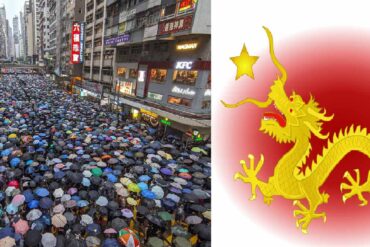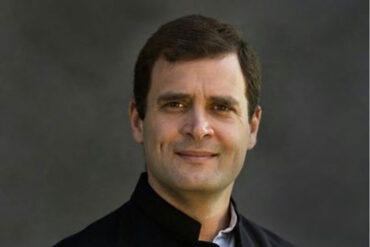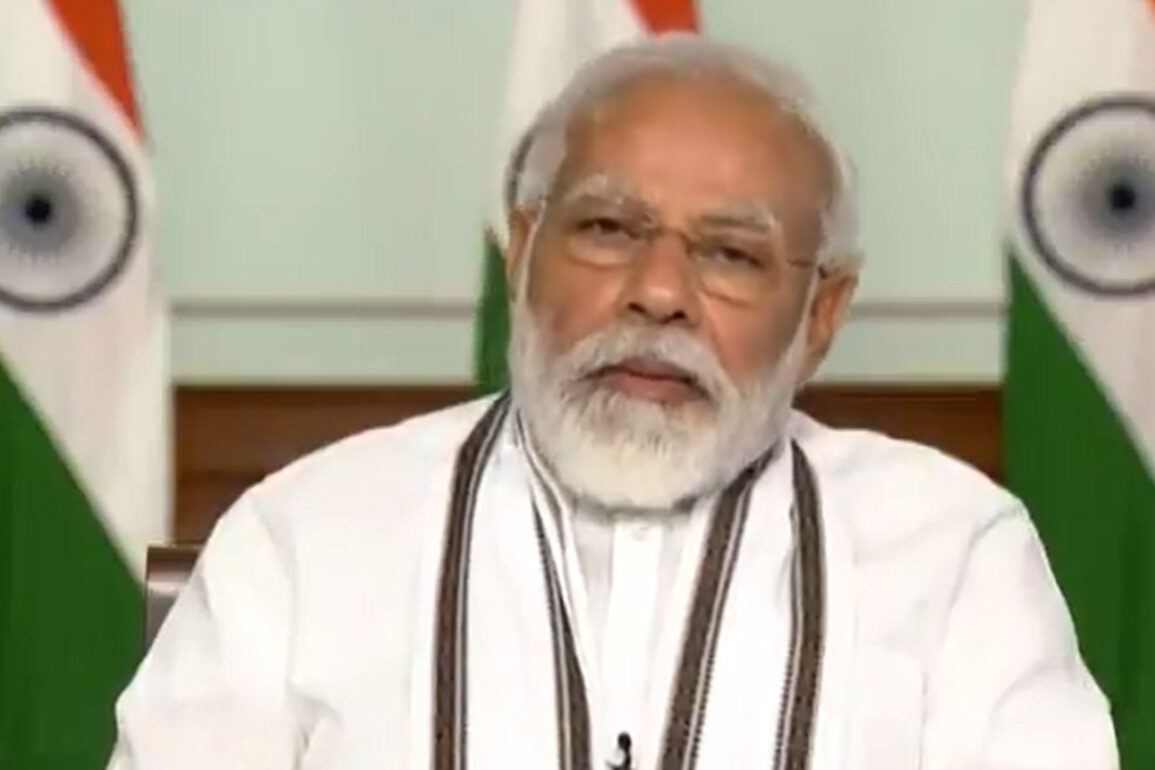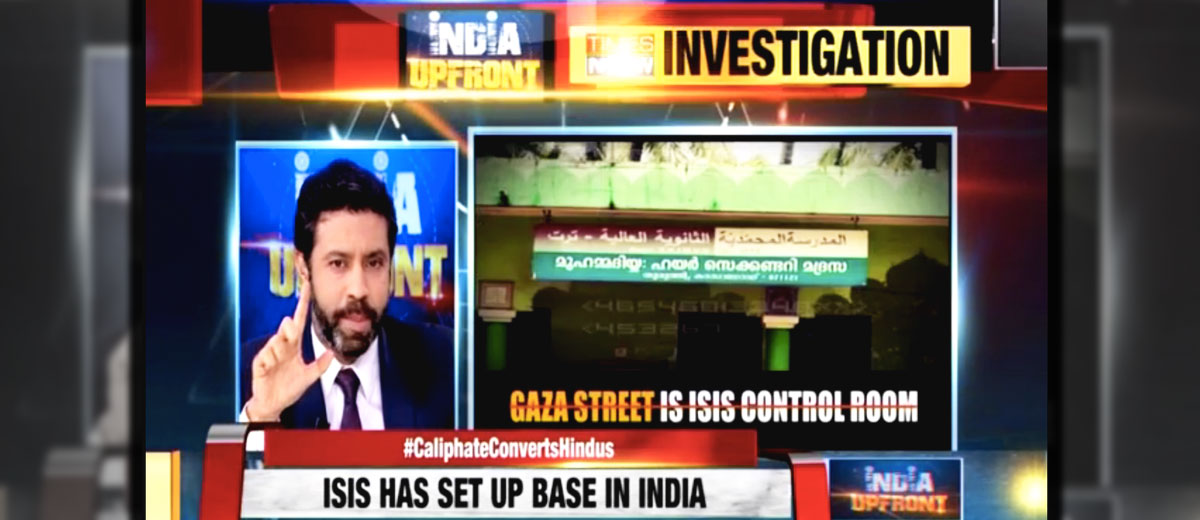The Rashtriya Swayamsevak Sangh (RSS) has ‘taken note’ of Prime Minister Narendra Modi’s remarks at the all-party meeting on Friday, in which the PM told other political parties that China had neither intruded into India territory nor had it occupied any Indian post.
The top RSS leaders in Nagpur were ‘surprised’ to hear the remarks, sources close to Sangh leadership in Nagpur have said. Sources said that Nagpur did express concerns over PM’s remarks at the all-party meeting, but they have now been assured by the government that the situation in the Galwan Valley was very much in India’s favour, more so since the bridge over Galwan River, part of feeder network of the strategic Darbuk–Shyok–DBO Road (DSDBO), had been completed.
The 60-metre-long bridge is about eight kilometers from the LAC and is a key infrastructure project that had triggered the latest border dispute between two countries. India Today reported on Saturday that the construction of the military-grade infrastructure project was completed on Thursday afternoon and the Army had already tested it out by plying vehicles over it for “two hours.”
Sources said that several defence veterans as well as other influential persons associated with the RSS had also dialed the headquarters to ‘express their dismay’ to the organisation’s leadership after PM’s speech last night. The RSS, the parent organisation of the ruling Bharatiya Janata Party (BJP), conveyed its concerns on Saturday, after the Chinese Embassy in New Delhi and China’s foreign ministry latched on to PM’s remarks to reiterate Beijing’s sovereignty over the Galwan Valley.
The PM has made it clear that the Army has been given a ‘freehand’ in driving out any intruders, said sources. They also cited government officials as debunking the statement from Chinese foreign ministry, saying that one couldn’t “lap up” whatever the Chinese were claiming. The PM’s remarks last night that no Chinese intrusion had taken place stirred a storm on social media and WhatsApp groups and political circles.
Congress leader Rahul Gandhi, in a morning attack on the Prime Minister, accused him of surrendering Indian territory to Chinese aggression. In an apparent reference to the PM’s remarks, he questioned as to “why were our soldiers killed” and “where were they killed,” if the land in question (Galwan Valley) belonged to China.
Many prominent social media handles, which included defence experts and retired army personnel, posed to the PM as to what was India negotiating with China at the commander-level talks about, and why had 20 Indian soldiers been killed in action on June 15 if not for defending encroached Indian territory.
Earlier statements put out by the Ministry of External Affairs (MEA) and the Indian Army had clearly acknowledged that China had tried to “alter the status quo” along the Line of Actual Control (LAC), with restoring the status quo ante as it existed in before April being New Delhi’s primary negotiating position.
Besides the obvious discrepancy with the line of the MEA, Beijing pounced upon the PM’s statement, as the Chinese foreign ministry spokesperson Lijian Zhao tweeted out “a step-by-step account of the Galwan clash.”
The hullabaloo created by the PM’s remarks prompted the government to issue a clarification on Saturday. “Attempts are being made in some quarters to give a mischievous interpretation to remarks by the Prime Minister at the all-party meeting,” said the latest government statement, as it clarified that PM Modi’s statement was made in the context of the events of June 15, when a fatal clash had broken out between Indian and Chinese soldiers on a ridge at the Galwan Valley.
“The Prime Minister’s observations that there was no Chinese presence on our side of the LAC pertained to the situation as a consequence of the bravery of our armed forces,” said the government statement.
At the time of writing this article, the most recent official Indian position on the status of the Indian territories (perceived to have been on the Indian side of the LAC) in eastern Ladakh is awaited. While New Delhi has openly accused Beijing to trying to alter the status quo along the LAC, having also done so during the telephonic conversation between Union External Affairs Minister S Jaishankar and his Chinese counterpart Wang Yi on June 17, if China is still present on territory perceived to by India to be it’s own is what needs to be officially reiterated by the government.
On its part, Chinese foreign ministry spokesperson Lijian Zhao also claimed on Saturday that India has “agreed to withdraw the personnel who crossed the LAC and demolish the facilities, and so they did.”
Galwan Valley
Dr Anant Bhagwat, who heads the Pune-based think tank Global Strategic Policy Foundation Pune (GSPFP), says that Prime Minister Modi’s statement comes only after the Indian Army successfully secured Indian territory on LAC. All our strategic ground infrastructure, including all-season roads, bridges, tunnels even roadside ammunition and fuel depots are completed or nearing completion, he says.
“India already has geostrategic advantages in the region and occupies heights which overlook Karakoram Pass as well as Lhasa-Kashgar Highway running close to LAC on Chinese side,” says Dr Bhagwat. “However, our forward posts were dependent on aerial supplies by heavy-lift Chinnoks, AN 32 and C17- Globmasters,” he adds.
Dr Bhagwat explains that the recently completed infra-projects including the strategic Darbuk–Shyok–DBO Road & feeder road (DSDBO), offer us an alternate faster, safer, naturally shielded route for connectivity and supply lines to our forward posts.
“That frees us from risky aerial supply lines in difficult weather and war-like situations where aerial routes can come under fire from an enemy rocket force,” says the defence expert, adding that India’s rapidly developing ground-infrastructure in the border region is what irks China. “Last but not least, the border infrastructure plays a vital role in providing better life and opportunities to our local population,” notes Dr Bhagwat.







